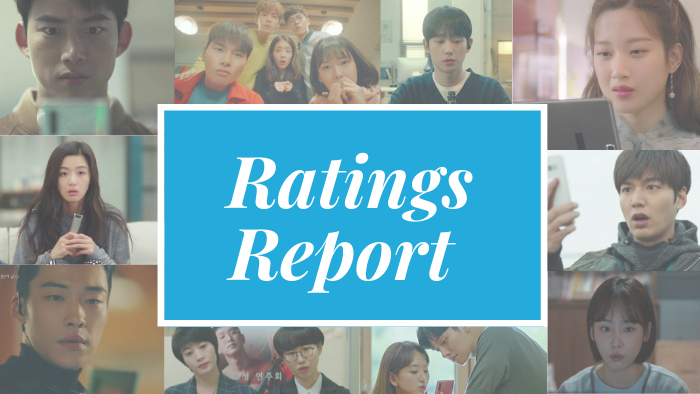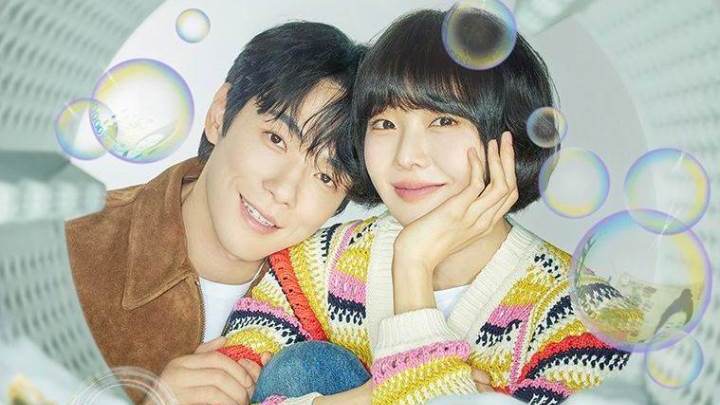While watching kdramas, you’ll probably notice a lot of terms cropping up repeatedly, sometimes without enough time for a full explanation. Here’s a glossary of some of the more commonly used terms. I’ll also be adding to this list as I think them up.
GLOSSARY OF COMMONLY USED TERMS
ajumma :: A middle-aged woman. Can be used for a close friend of the family, or a stranger. Can be made more formal as “ajumoni.”
ajusshi :: A middle-aged man, the counterpart to ajumma.
arubite :: A part-time job, derived from the German word Arbeit, meaning employment. Corresponds to the Japanese cognate arubaito. These days the word is often shortened to al-ba.
banjun drama :: A drama with a shocking twist halfway through.
banmal and joen-dae mal :: Language and politeness is very important in the Korean language, as it is in Japanese. There are strict hierarchies of what form of speech to use, depending on one’s relationship to the conversation partner. Banmal is informal speech — not necessarily rude, but familiar. Used only with those close to you, or younger (i.e. to a teenager or younger) — but when used between one adult to another, even if it’s older to younger, banmal may be seen as rude if sufficient familiarity has not been achieved. Joen-dae mal, then, is the polite form of speech.
chaebol :: A family-owned corporation head, like Samsung or Hyundai. Similar to zaibatsu in Japan. Because of the family-owned nature of the business, there’s no direct equivalent in English. The chaebol (sometypes translated “tycoon”) is the founder of the company, so therefore many kdrama male leads are second-generation chaebols (or third-generation, such as in Hello! Miss). The second-generation chaebol is a common kdrama character because he presents an easy Prince Charming figure — young enough to enjoy the spoils of wealth, but old enough to earn some respect working in the company. Other examples: Both Lee Dong Wook and Lee Junki’s characters in My Girl, Jo Hyun Jae in Only You, Lee Ji Hoon and Ha Seok Jin in Hello! Miss. They can be female, such as Hye Rin in Que Sera Sera.
chae-hada :: A verb, often weirdly translated, meaning “to have indigestion” or heartburn. Often mis-translated as “choke,” although sometimes choke sounds better than the less-poetic indigestion. A common Korean home remedy is to massage the arms to rush the blood toward the hands, tie a finger with string, and prick the fingertip with a needle. The idea is that indigestion is caused by a blockage of “bad blood” or some other negative energy in the bloodstream, and by forcing it to the extremities and releasing it, you are ridding your body of the blockage. I know it sounds like voodoo witch medicine, but I SWEAR THIS WORKS. I am a huge skeptic when it comes to these things, but the blood that comes out is actually blackish, and the relief is instantaneous. Much faster than Pepto.
di-ka :: Digital camera. Comes from shortening the two, since Koreans love to cut words off and mash them together. We’re lazy like that?
dongsaeng :: Meaning “younger sibling,” can refer to a true blood sibling, or a close friend whom you treat as a younger sibling. While dongsaeng applies to both genders, its opposites are gender-specific (see hyung, oppa, and unni).
fusion drama :: A drama that takes elements of separate genres, i.e., fusion sageuk, which would be a historical drama mixed with traits usually not seen in conventional historicals. For instance, Conspiracy in the Court is a fusion sageuk thriller; Hong Gil Dong is a fusion sageuk comedy.
hoobae :: A junior classmate or colleague. A less intimate and/or more professional term than dongsaeng. But, because hoobae is a term used for a younger person, you don’t address them as “hoobae” — you would just use their name. (For instance: She is my hoobae, but I call her Su Jin.)
hyung :: “Older brother,” used between males only. Can be used between blood brothers, or close friends.
hyungnim :: Formal version of hyung, used between men with a slightly formal relationship (i.e., brothers-in-law). Also common parlance for gangsters to use with their bosses and superiors.
Kongji & Patji or Patzzi:: Korean Cinderella story. Kongji’s the nice one, Patji’s the mean one.
makjang :: a sylistic, tonal, or narrative element in dramas that chooses to play up outrageous storylines to keep viewers hooked despite how ridiculous the stories become (adultery, revenge, rape, birth secrets, fatal illnesses, and flirting with incest possibilities are some makjang favorites). Shows can be part of a makjang class of dramas (Wife’s Temptation is a makjang series), or they can have makjang tendencies (Mary Stayed Out All Night went makjang toward the end). Generally considered a negative thing (“Gah, how makjang can you get?”), unless a drama intentionally embraces the style (such as Baker King Kim Tak-gu or Flames of Desire).
mat-seon :: A formal blind date set up with the intention of possibly marrying the participants. Often set up between the parents. Seen in practically every kdrama ever.
melo :: Melodrama, tearjerker.
noona :: “Older sister” used by a male to a female. Again, can be used between blood siblings or merely people who are close friends.
officetel :: A studio apartment. I have no idea why they came up with officetel. Basically an apartment for a single inhabitant, with kitchen and perhaps its own office. And maybe telephone. Or television. Or teleportation device. Edit: apparently a conflation of “office” and “hotel”
oppa :: “Older brother,” used by a girl to an older male. When used between people who are not related, can carry a romantic connotation — many girls call their boyfriends oppa, a process I used to find vaguely creepy as I have many blood oppas (brothers and cousins), but have since become used to. Many times a girl who starts calling a guy oppa may like him or be saying that as an expression of her interest. Not always, of course. But a girl who does NOT like an older unrelated male would likely call him something else, such as sunbae or his full name.
pojangmacha :: Streetside food tents, where you’ll have the obligatory scene of the heartbroken lead drowning their sorrows in ddukkbokki (spicy rice cakes) and soju. They are literally everywhere, and the tents pop up in the eveningtime.
sageuk drama :: Historical drama
sel-ca :: Self-photographed pictures. Often with one’s di-ka in the hopes of becoming an uljjang.
Shim Chung :: Heroine of an ancient folktale known for her virtue and filial piety. Jumped into the sea to save her blind father, rescued for her beauty (naturally) by sea god, eventually returned to land. After she marries him. I think. Calling someone Shim Chung can suggest they are good and sweet, or that they are a goody-two-shoes.
sogaeting :: A blind date. A mishmash of the word “sogae” (introduce) and “meeting.” Much more casual than the marriage-minded mat-seon.
soju :: Korean liquor known for being strong and cheap. Comes in green bottles. Tastes like vodka. Usually around 40 proof (20% alcohol). Also seen in practically every kdrama ever.
sunbae :: Means “senior” and is often used with the suffix “nim” which makes it polite: “sunbae-nim.” In Witch Amusement, Yoo Hee (Han Ga In) calls Joon Ha (Kim Jung Hoon) “sunbae” without the “nim,” which makes it more casual.
uljjang or ulzzang :: A hottie. Specifically one with a beautiful face, as the word is a mishmash of the words “uhl-goohl” (face) and “jjang,” which is slang for “best.” With the weird cult of Internet fame, an uljjang can also refer to a celebrity whose fame arose from posting self-taken photos on their cyworlds. Some famous uljjangs include Park Han Byul, Gu Hye Sun, Kim Ok Bin.
unni :: “Older sister,” used between females only. (In recent years, some men have taken to calling women “unni,” which is a slang appropriation of the term.)
yobo or yeobo :: The word used between spouses, similar to “honey” except that “yobo” is only used between spouses.

![[Beanie Review] Jeongnyeon – The Star is Born](https://d263ao8qih4miy.cloudfront.net/wp-content/uploads/2024/10/JeongnyeonTheStarIsBorn_reviewb.jpg)





![[Drama Chat] Rookie check-in (2024 version)](https://d263ao8qih4miy.cloudfront.net/wp-content/uploads/2024/05/LovelyRunner0910_14.jpg)

